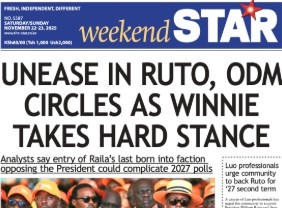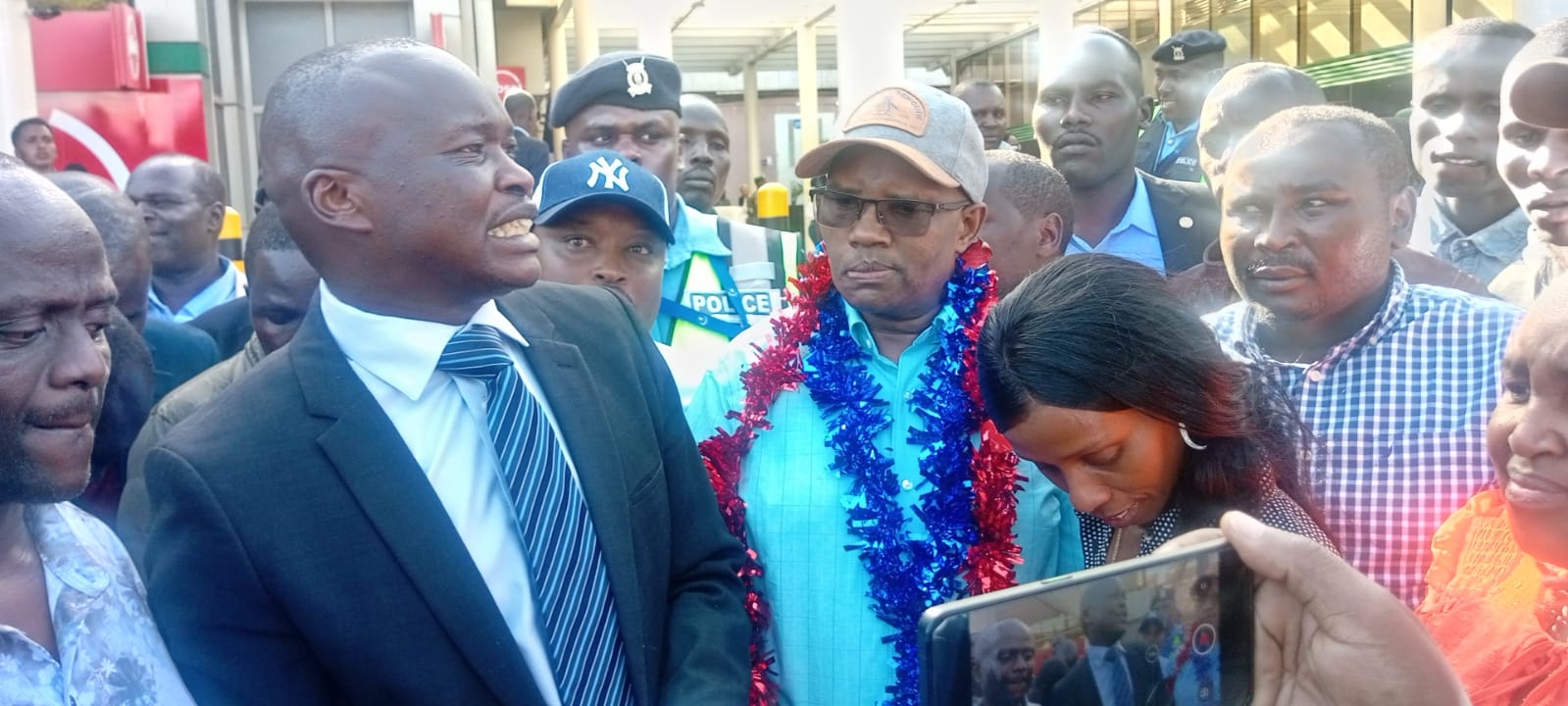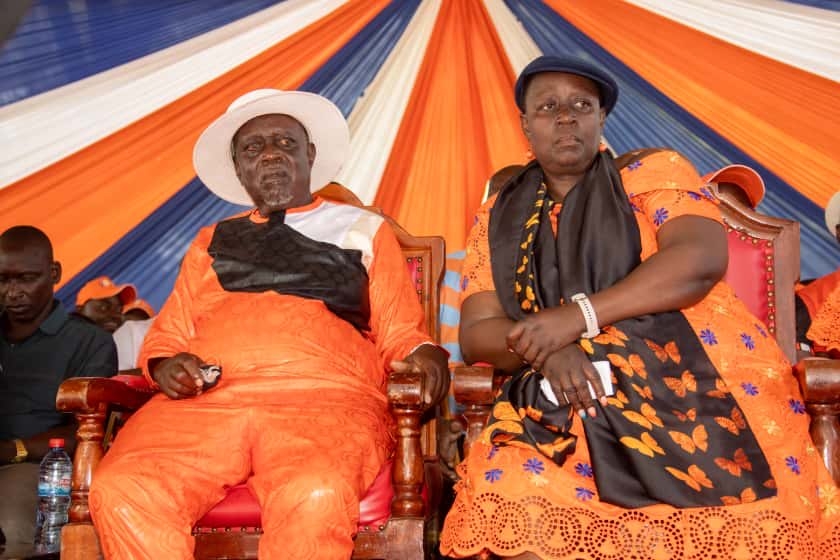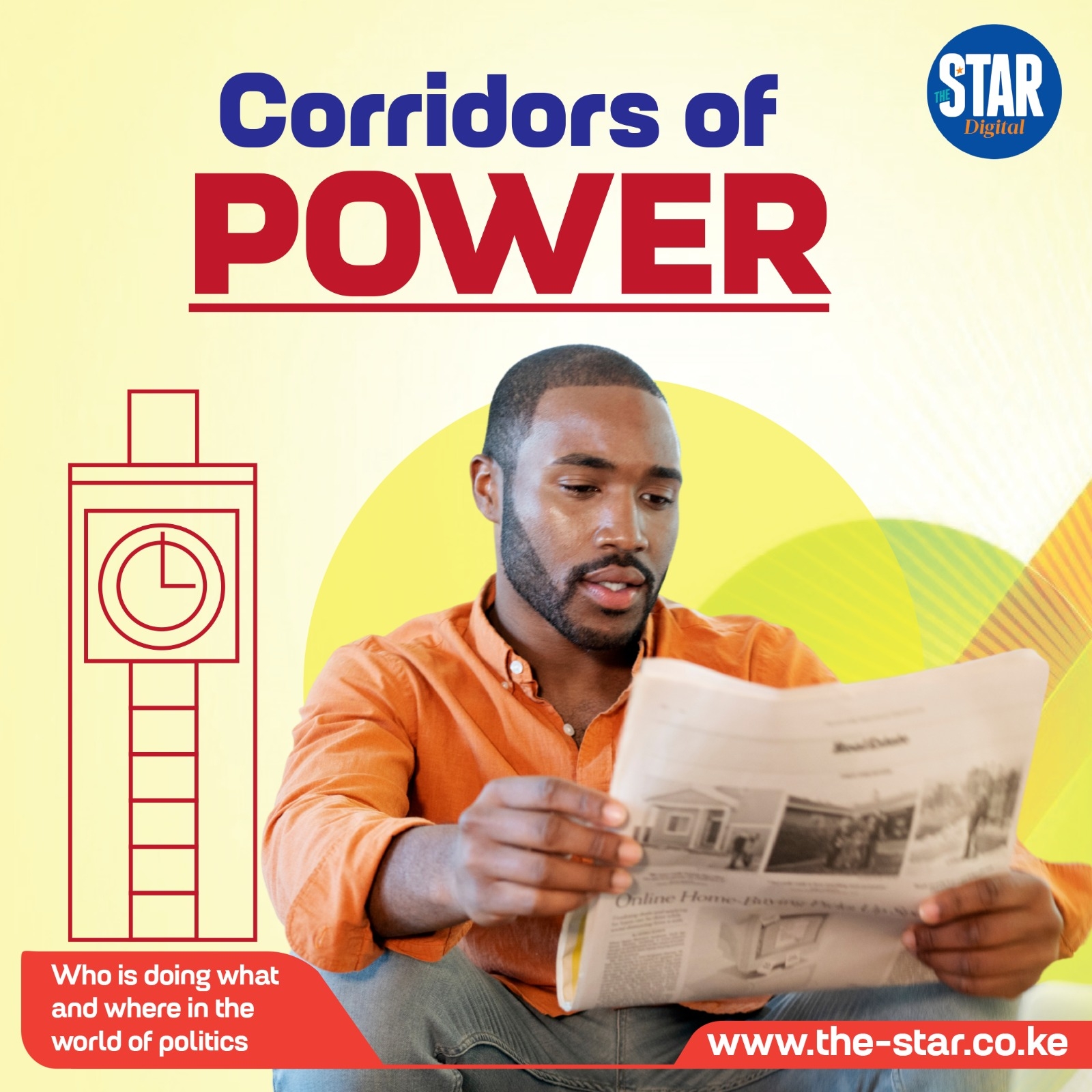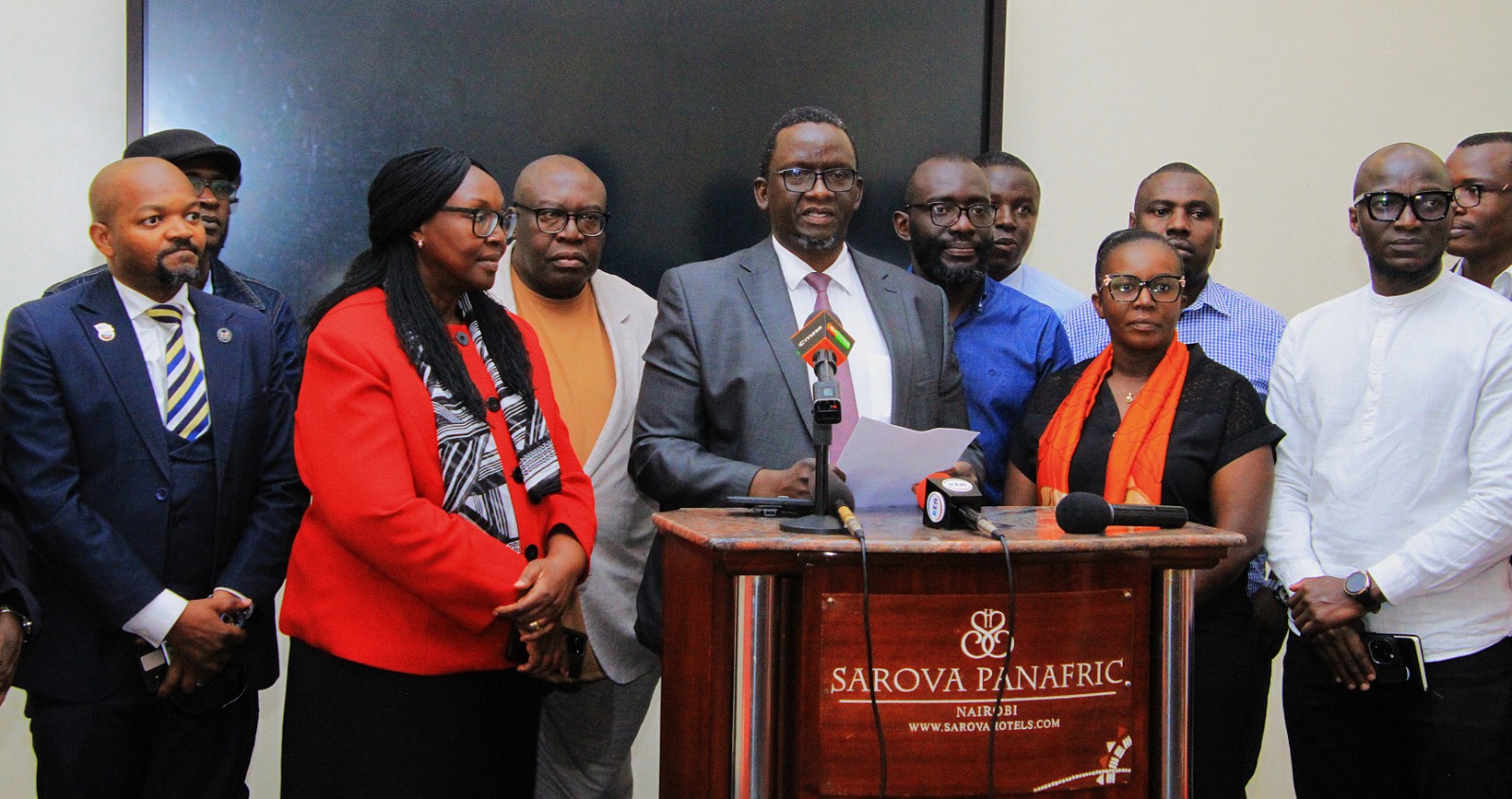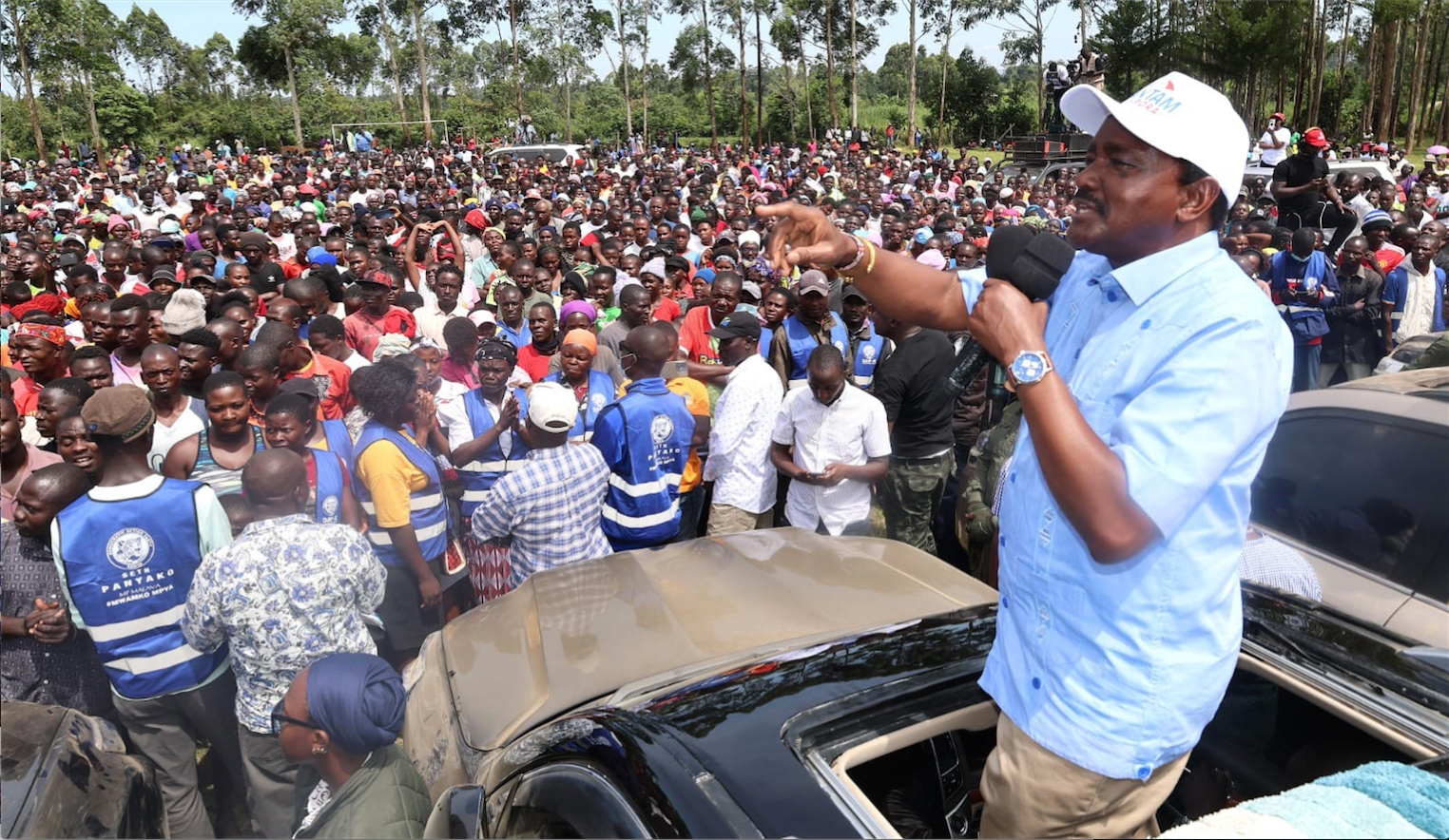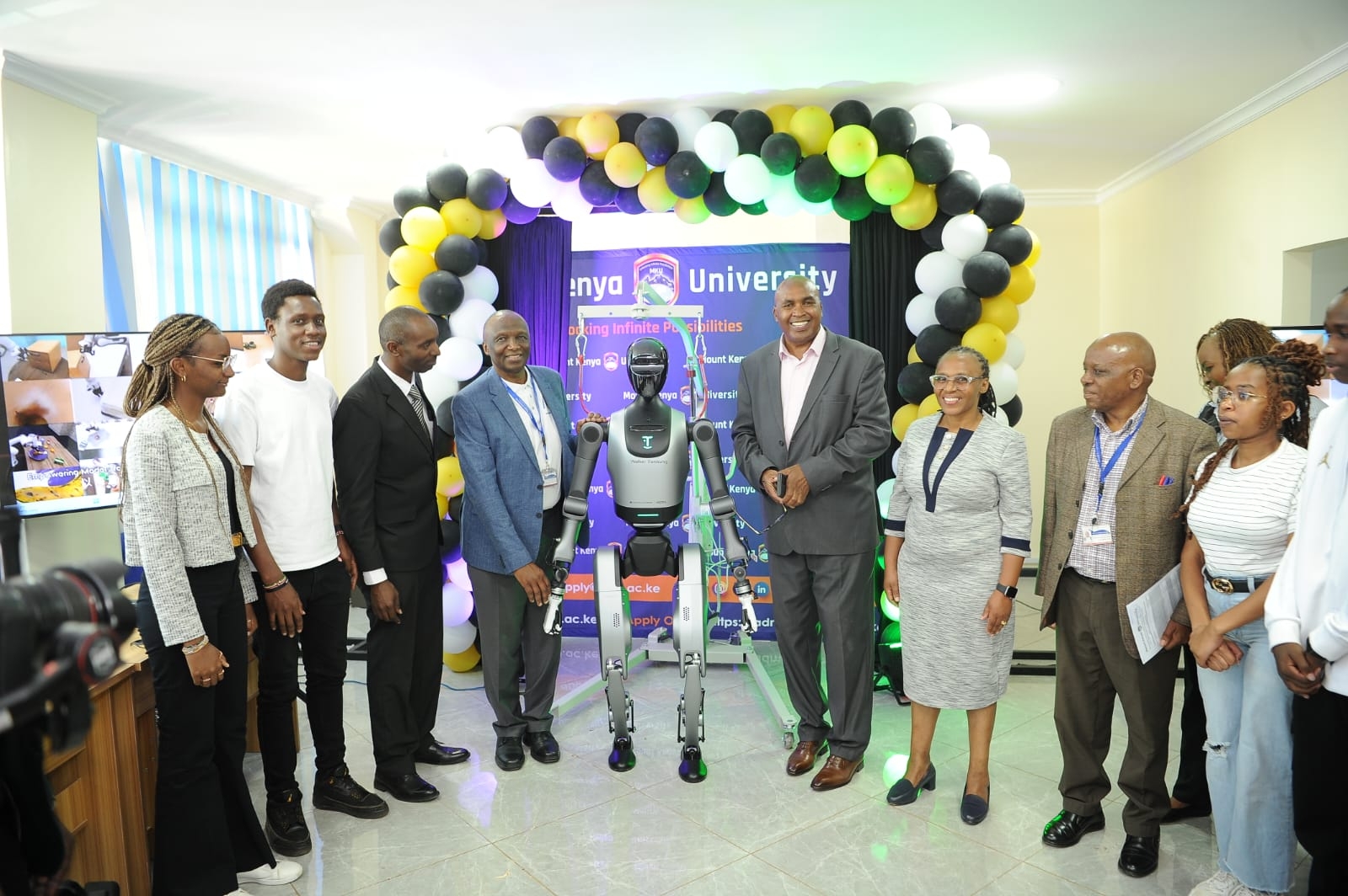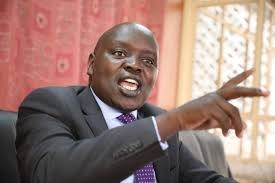The High Court has allowed three people in the United Kingdom to testify via a video link in a case involving disputed properties worth Sh500 million in Karen and Upper Hill.
The Karen property belonged to Roger Robson, who died in 2012. The Upper Hill one belongs to Plovers Haunt Limited in which Robson was a shareholder.
Robson left a will to be executed by lawyer Guy Elms who, however, was not a beneficiary.
Agnes Kagure is claiming the Karen property while businessman Thomas Mutaha is laying claim to the one in Upper Hill.
Justice John Onyiengo's ruling followed Elms' application that Michael Fairfax Robson, who is the deceased brother, Sean Battye and Richard J. Brooks give evidence via video conferencing, citing among other reasons, busy schedules and coronavirus-related travel complications.
Kagure, who was once proposed to be Nairobi Deputy Governor, and Mutaha wanted the witnesses to appear in court physically.
They have accused Elms of forging signatures on Robson's will.
Kagure says she bought the Karen land from Robson for Sh100 million in 2011. Mutaha claims he is a director of Plovers Haunt and that he was given all the company shares cost-free in 2010.
He told the court that he could not afford to pay for the stamp duty.
In the will, Robson indicated the estates should be sold and proceeds shared between his nephew and environmental conservation charitable institutions in Kenya.
Elms says in court documents, “Michael, who is aged 70 and the only living brother of the deceased, has a mobility problem after undergoing a knee surgery associated with childhood polio.”
He says Brooks is a legal practitioner and notary public in the UK and that due to his busy schedule, he is unable to travel to Kenya.
“His evidence is necessary as it concerns the question whether he witnessed Michael Fairfax Robson's signature,” Elms says.
He further states that Battye suffered third-degree burns on the hands in 2018, and has to be under constant medication and supervision to avoid infection which could lead to him losing his hands totally.
“The British High Commission has indicated that it will assist in facilitating the video conferencing should need arise,” Elms told the court.
According to Kagure and Mutaha, the application was made in bad faith and with the intention to mislead the court.
“The reasons given for non-attendance of witnesses physically in court are not sufficient for the court to direct the hearing be heard through video conferencing.
"Michael Fairfax Robson is a key witness in the case and his travel expenses can be catered for by the estate,” Mutaha argued.
He averred that it was necessary for the witnesses to attend court so that their demeanour can be observed.
Justice Onyiego noted that while there was no specific provision governing the taking of evidence through video conferencing, the Chief Justice had, on March 20, issued Practice Directions on Electronic Case Management which included the directions of taking evidence through video conferencing.
Onyiego said video conferencing was fairly a new concept in Kenya but it has quickly gained prominence and popularity and directed the evidence of the three UK witnesses to be taken via video conferencing.
- mwaniki fm



